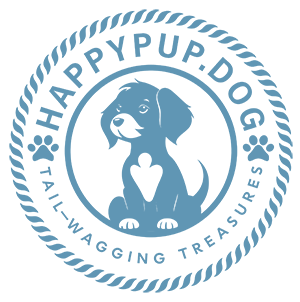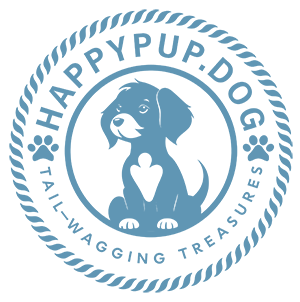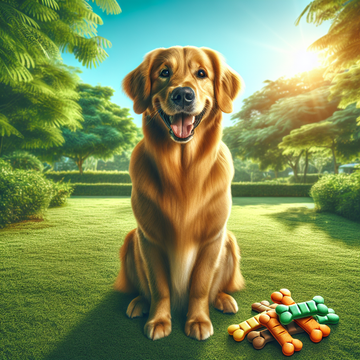Feeding Your Furry Friend: The Do's and Don'ts of Pet Nutrition
Your furry friend surely holds a special place in your heart. Thus we want to provide a good life for them. As responsible pet owners, we should do our best to ensure their health and wellness. One crucial aspect of pet care is feeding them. It's important to provide a balanced diet. Good quality dog food is great for overall health. However, there are also various human foods that dogs can safely enjoy on occasion or fairly frequently. In this article, we will discuss foods that dogs can eat, as well as their nutritional benefits. We also will talk about foods to avoid.
Here are some good examples of foods for dogs:
Lean Meats:
Lean meats can be a good source of protein for dogs. Sources include chicken, turkey, and beef. Meat must be fully cooked and of good quality not including spices. It's also important to make sure it's boneless and cooked to a healthy standard to avoid any upset stomachs.
Fish:
Fish is a great source of omega-3 fatty acids, which help with healthy skin and coats for your dog. Salmon is an excellent option, as said before, be cautious of bones, and make sure the fish is cooked thoroughly without seasonings.
Vegetables:
Some vegetables are safe for dogs to eat. Vegetables can be a good fiber source and include vitamins. Broccoli, carrots, Brussels sprouts, celery, green beans, cucumbers, and spinach can all be good for your dog in low amounts. Make sure vegetables are washed clean and cooked if possible, without spice before giving them to your pup.
Fruits:
While fruits are not a typical need for dogs they can be enjoyed as an occasional treat. Some dog-friendly fruits include apples, bananas, blueberries, cranberries, oranges, and pears. These fruits can be high in antioxidants and have other positive nutritional values for your dog. However, they do tend to have a higher sugar content naturally, so it should just be an occasional treat.
Other food sources
There are a few types of miscellaneous foods that have benefits for your pup. Here are a few.
Eggs:
Eggs can be a great source of protein, fatty acids, and vitamins. Serve them scrambled without seasoning.
Peanut Butter:
Most dogs love peanut butter. It's a great source of healthy fats and protein. Ensure it's unsalted and does not contain xylitol, which is highly toxic to dogs.
Oatmeal:
Plain oatmeal is another easily digestible food that can be beneficial for dogs, especially those with sensitive stomachs.
Food for digestion issues
Here are a couple of foods that can aid in better digestion for your furry friend.
Rice: Plain-cooked white rice can be easy on your dog's stomach and is recommended for dogs with digestive issues.
Pumpkin:
Canned pumpkin is rich in fiber and can help regulate your dog's digestive system. It's often recommended for dogs with diarrhea, constipation, or other stool irregularities.
Plain yogurt can also help with digestion and be a good source of probiotics. However, caution is advised as some dogs may not tolerate dairy well.
Do not feed your dog these foods
Here are a few precautions and valuable notes to be aware of and keep in mind as you feed your pup:
Moderation:
Treats and human food should be given in moderation. Excessive consumption can lead to weight management issues and digestive problems.
Toxic foods:
Become well aware of foods that are toxic to dogs, so that you know what to avoid and be wary of. A few of these include chocolate, grapes, raisins, onions, garlic, and foods containing xylitol.
Bones:
When feeding your dog meats be careful about bones. Cooked bones can splinter and cause choking or other internal injuries.
Allergies:
Some dogs may have allergies or sensitivities to certain foods. Monitor your dog for any adverse reactions when introducing new foods and contact your vet if necessary.
Conclusion:
Providing your dog with a balanced and nutritious diet is essential for their health and happiness. Most high-quality commercial dog food is formulated to meet their dietary needs. Incorporating other foods on occasion can add variety and enjoyment when done safely. Remember to use caution and knowledge and consult your vet before making any significant dietary changes or introducing new foods to your pet.
With the right balance of nutrition, love, and care, you increase the chances of your loving pet being able to enjoy a long and healthy life by your side.






